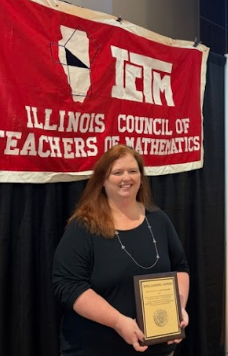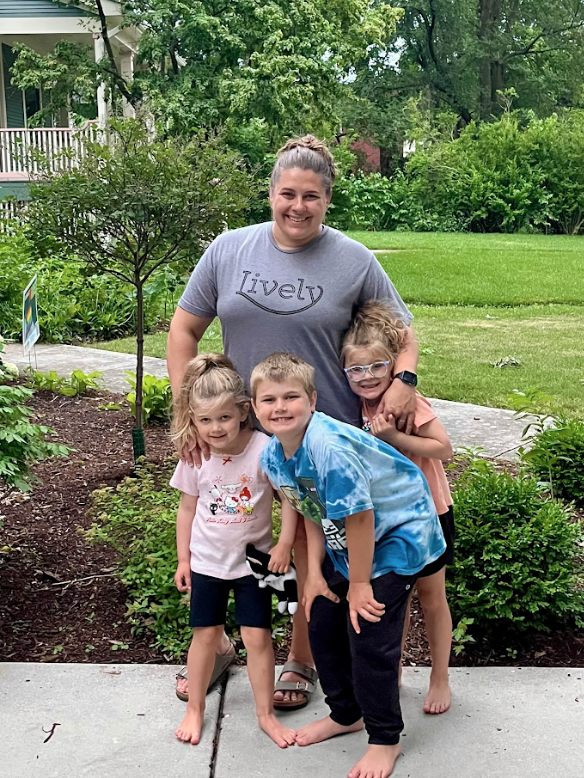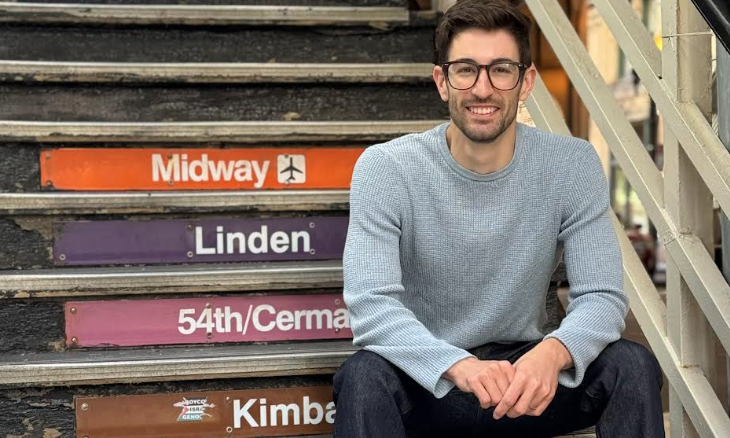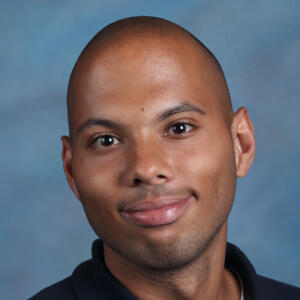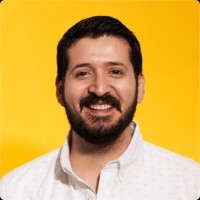Oak Park and River Forest High School sent a letter to students and families at the start of the school year pledging to address conflicts heightened by the outbreak of the Israel-Hamas war.
“Our school community was faced with concerns that Islamophobia, anti-Arab racism and antisemitism were impacting our school environment,” Superintendent Gregory Johnson wrote in the Aug. 13 email. The letter also addressed specific allegations of antisemitism at OPRF.
The school is committed to providing a “safe, welcoming and inclusive environment for all students,” he added. The letter included a list of steps to address the conflict, including providing social media training for staff, setting guidelines for extracurricular activities and partnering with Convergence, a Washington, D.C. based nonprofit organization that works to overcome deep partisan divisions.
The new measures are designed to address tensions that escalated last year following the Oct. 7 invasion of Israel by Hamas that led to more than 1,200 deaths. Israel responded with a ground and air campaign in which more than 40,000 people have died, according to an Aug. 15 report by the Hamas-run health ministry in Gaza.
The war provoked protests at schools and universities across the United States by students on all sides of the conflict. Pro-Palestianian students set up encampments at Columbia University and the University of California campuses, among other schools.
Trapeze reported two pro-Palestine protests in Oak Park last year: a walkout of about 30 OPRF students on Nov. 9 and a community protest in Scoville Park on March 7. The protesters called for a cease-fire in Gaza.
Students and teachers at OPRF expressed support for Gaza in a variety of ways including social media posts and T-shirt sales by the Middle Eastern and North African Alliance club (MENA).
“When I first got a notion of a club being available for people who are Middle Eastern and/or Muslim, I was ecstatic because I felt isolated as a Middle Eastern student,” said club member Arwa Abouelfotouh, a junior, in a written statement. “Before Oct. 7, MENA provided a space for an unrepresented group of people, and after Oct. 7, it remained the same.
“MENA allowed me and other Palestinian members of the club to unpack our emotions, thoughts and dreams as students here at OPRF and world citizens,” she continued. “MENA provides us a space to console each other as we continue to face Anti Arab racism, Islamophobia and hate in this school building and abroad.”
Some Jewish students felt unsafe in school after Oct. 7, according to a 21-page complaint sent June 30 to the Illinois State Board of Education and the Illinois State Attorney General.
The letter includes a timeline of incidents the writers’ say created a “hostile antisemitic environment for Jewish students.” For example, the T-shirts that were sold “depicted the entire outline of Israel next to the word ‘Palestine’ symbolizing the elimination of the State of Israel,” according to the complaint.
The complaint also criticized the school for allowing MENA to invite speaker Rashid Khalidi, the Edward Said Professor of Arab Studies at Columbia University in New York, who spoke to OPRF students on Dec. 13 via Zoom and Feb. 22 in person.
A group of parents and community members brought their concerns about antisemitism to a District 200 board meeting on Feb. 8. According to the letter, they received a response on March 14 from Board President Tom Cofsky stating that “it is not the District’s position nor responsibility to take sides or administer consequences to those who appropriately express their political beliefs.”
The complaint expressed frustration at this response and contended that the school has not done enough to address antisemitism.
In addition to the letter of complaint, OPRF history teacher Michael Soffer resigned at the end of the last school year, citing “the continued toll of antisemitism at OPRF and the district’s lack of response to the antisemitism and support for Jewish students, parents and teachers,” according to a copy of his June 5 resignation letter obtained by Pioneer Press.
Soffer taught a Holocaust Studies course and in October will publish “Our Nazi: An American Suburb’s Encounter with Evil” (University of Chicago Press) about a former concentration camp guard who worked as a custodian at Oak Park and River Forest High School from 1959 to 1983. The Holocaust Studies course is still being taught at OPRF.
Leaders of the Jewish Student Connection (JSC) club at OPRF wrote in a statement that the club is “disappoint- ed in how the events of last year were handled and is sad to see Mr. Soffer go.” The statement was signed by seniors Alana Slade, Abby Weiss and Ada Klein as well as junior Stella Ludwig.
They added, “We are looking forward to the school year and would like to clarify that our club is a cultural club for Jewish students and allies with no political affiliation. That being said, JSC remains firmly against antisemitism and is a safe space for all Jewish students.”
Pro-Palestian students said their actions were not intended to be antisemitic. “My hopes for MENA as a leader and a student is to be able to communicate to the Oak Park and River Forest community that MENA aims to celebrate and uplift students, not to demonize and to hate,” Abouelfotouh stated. “I also hope that we can educate the OPRF community of the true situations in the Middle East and to fight myths and incomplete truths.”
In the wake of these conflicts, the district is aiming to find a way forward, according to Johnson. “We are committed to trying to make this school community one that’s always learning and growing and staring these hard issues in the face,” he said in an interview.
Doing so requires school leaders to strike a balance between freedom of speech and student safety. Under the law, students are allowed to express their opinions as long as they do not cause a “substantial disruption” to the learning environment.
So what counts as “substantial disruption” at OPRF? The answer depends on the context, according to Principal Lynda Parker, who pointed out the importance of talking through conflicts.
“I think that there’s a great responsibility as human beings that we bring to the attention of the individual the impact their speech may be having,” she said. “That is not to say that this will stop someone from saying what they want, but it’s more so you bring awareness in case you didn’t know the impact.”
The partnership with Convergence is designed to facilitate that process. “Last school year people in the community made it clear that what we needed was to get people together and have conversations to establish understanding,” Johnson said. Convergence was recommended as a partner experienced in bridging deep divisions and helping people with different beliefs navigate hard conversations.
Johnson described a “three-step plan” in which Convergence will first gather information through one-on-one conversations and interviews with “a variety of stakeholders including students, parents and faculty.”
“Then, from there we’re going to put together a group that’s going to actively sit and think about how we can find ways to communicate effectively together. The third step is thinking a little bit more action-oriented, but before suggesting any specific examples it’s important to let the process play out.” he said.
Parker said the ultimate goal is to “bring people together for conversations to figure out what is appropriate action for this community…We are a public institution that understands that individual’s approach from a variety of perspectives. Any action that we take has to honor and respect the broad pluralistic society that we are.”

